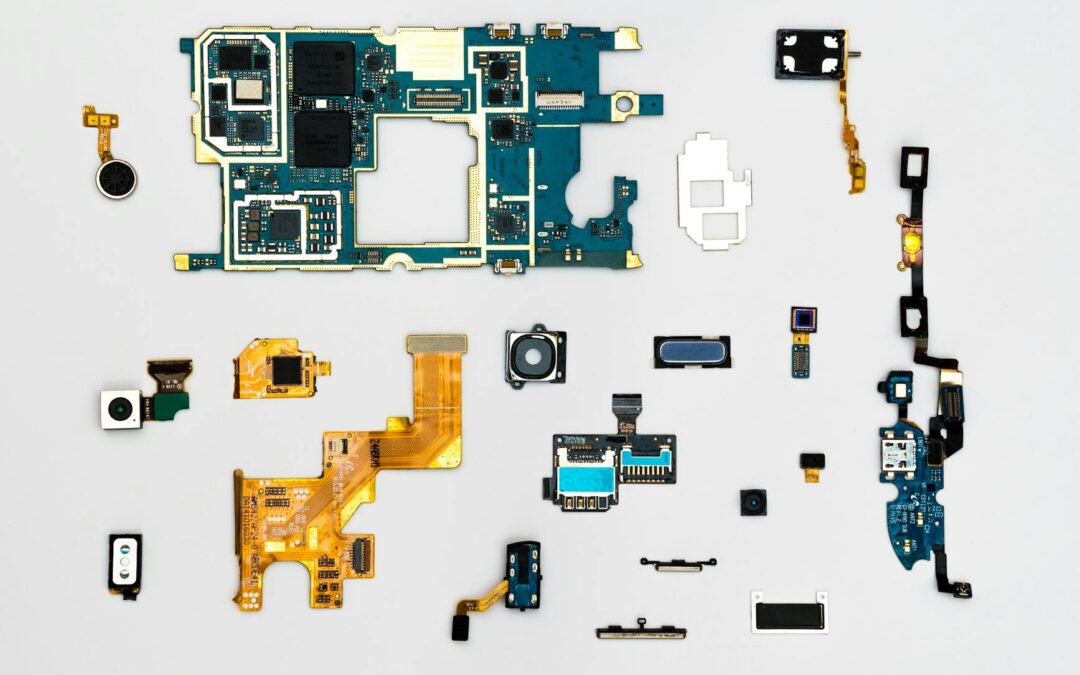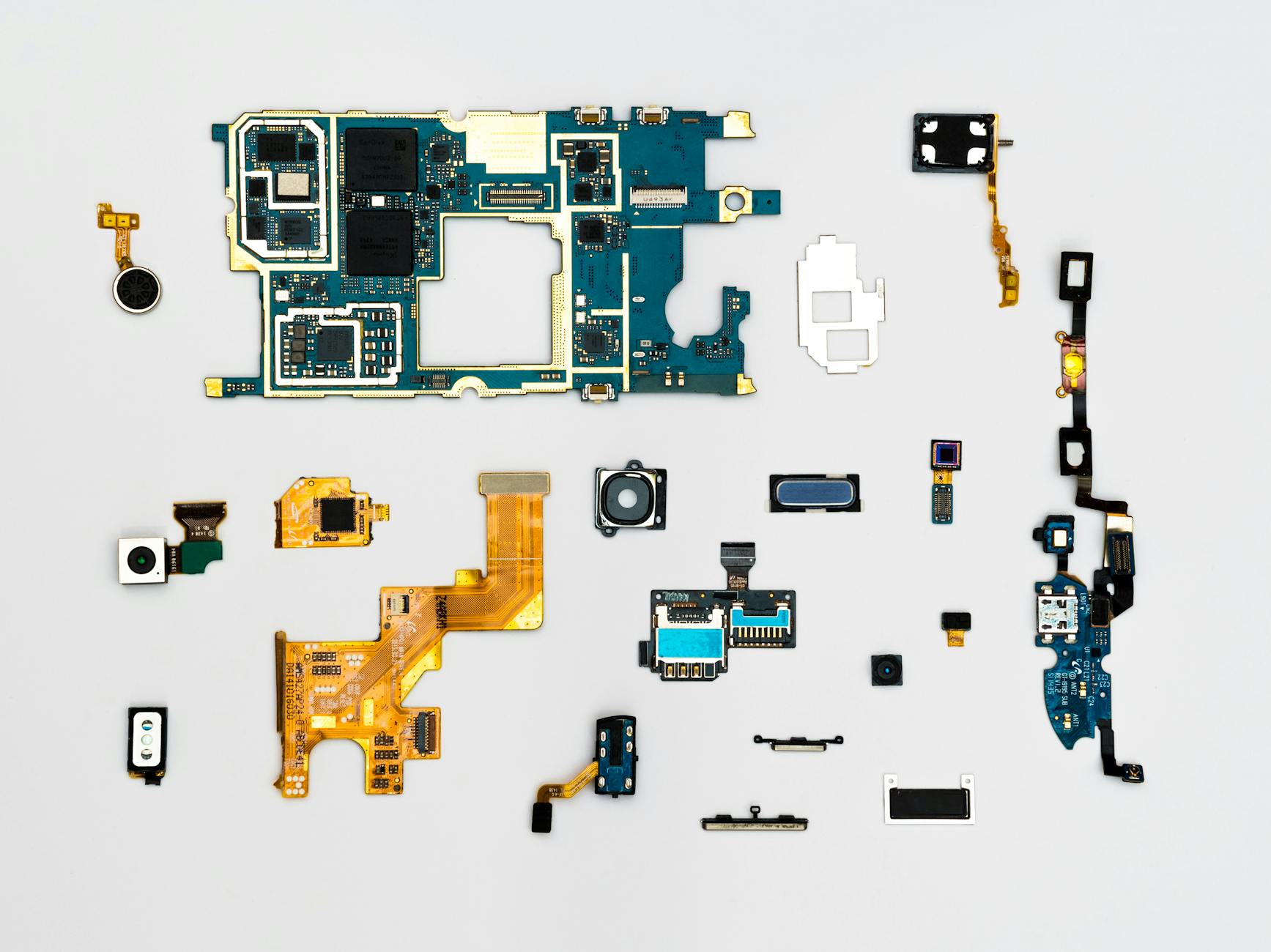Discover the secrets of AI in our beginner’s guide, unlocking the potential of artificial intelligence like never before. Dive in!
Table of Contents
Artificial Intelligence, commonly known as AI, has become a buzzword in the modern technological landscape. AI is the simulation of human intelligence processes by machines, particularly computer systems. This includes learning, reasoning, and self-correction. As we embark on a journey to explore the world of AI, let’s start by understanding its fundamental principles and significance in today’s digital era.
Historical Context of AI
The roots of AI can be traced back to the 1950s when researchers first began exploring the concept of creating machines that could imitate human intelligence. Over the decades, AI has undergone significant evolution, marked by key milestones such as the development of expert systems, neural networks, and deep learning algorithms. Visionaries like Alan Turing, John McCarthy, and Marvin Minsky have played pivotal roles in shaping the field of AI and paving the way for its advancement.
Current Applications of AI
AI is no longer a concept confined to science fiction; it has permeated various industries and everyday life. From virtual assistants like Siri and Alexa to recommendation algorithms on streaming platforms like Netflix, AI has become an integral part of our digital ecosystem. In healthcare, AI is revolutionizing medical diagnostics and personalized treatment plans. In finance, AI is used for fraud detection and risk assessment. The possibilities are endless, and the impact of AI on society is profound.
Benefits of AI
One of the key advantages of AI is its ability to augment human capabilities and improve efficiency. AI-powered systems can process vast amounts of data at unprecedented speeds, enabling businesses to make data-driven decisions and optimize operations. Moreover, AI has the potential to enhance customer experiences through personalized interactions and predictive analytics. By automating repetitive tasks, AI frees up human resources to focus on creative and strategic endeavors.
Challenges and Ethical Concerns in AI
While the benefits of AI are undeniable, there are also challenges and ethical considerations that come with its implementation. Issues such as data privacy, algorithm bias, and job displacement have raised concerns about the societal impact of AI technology. It is crucial for developers, policymakers, and stakeholders to address these challenges and ensure that AI is developed and deployed responsibly.
Future Direction of AI
The future of AI holds immense promise, with continued advancements in machine learning, natural language processing, and robotics. AI is expected to drive innovation across various sectors, from autonomous vehicles to personalized healthcare. As AI technologies mature, we can anticipate new breakthroughs and applications that will reshape our world in profound ways.
| Chapter | Title | Summary |
|---|---|---|
| 1 | Introduction to AI | An overview of what artificial intelligence is and its applications in various industries. |
| 2 | Types of AI | Exploration of different categories of artificial intelligence such as machine learning, neural networks, and natural language processing. |
| 3 | Understanding AI Ethics | Discussion on the ethical considerations and challenges associated with AI development and implementation. |
| 4 | Building AI Models | Guidance on how to build basic AI models using popular tools and programming languages. |
| 5 | AI in Practice | Case studies and real-world examples showcasing the impact of AI on businesses and society. |
Can Something Like Skynet Happen?
The idea of a superintelligent AI system like Skynet from the Terminator franchise may seem like a far-fetched scenario, but it has sparked discussions about the potential risks of AI development. While the likelihood of a malevolent AI uprising is currently low, experts emphasize the importance of implementing safeguards and ethical guidelines to prevent such a scenario. By promoting transparency, accountability, and responsible AI governance, we can mitigate the risks associated with AI technologies.
The Ethics of AI
As AI technologies become more integrated into our daily lives, ethical considerations become increasingly important. Ensuring that AI systems are designed and used in a way that upholds human values, fairness, and transparency is crucial. Ethical guidelines and regulations must be established to guide the development and deployment of AI systems, fostering trust and accountability within the AI ecosystem.
AI in Popular Culture
AI has captured the imagination of filmmakers, writers, and creatives, leading to its portrayal in popular culture. From the benevolent AI in movies like “Her” to the dystopian visions of AI gone rogue in “Ex Machina” and “I, Robot,” popular culture reflects society’s fascination and apprehension towards AI technology. These depictions offer valuable insights into our perceptions of AI and its potential implications on humanity.
Conclusion: The Impact and Future of AI
As we conclude our exploration of Artificial Intelligence, it becomes apparent that AI is a transformative force that is reshaping the world as we know it. By harnessing the power of AI technologies responsibly, we have the opportunity to drive innovation, solve complex challenges, and improve the quality of life for individuals around the globe. As AI continues to evolve, it is essential for us to remain vigilant, proactive, and ethical in our approach to AI development and deployment. The future of AI is bright, and the possibilities are limitless.
Frequently Asked Questions
What are some real-world applications of AI?
AI is used in various industries, such as healthcare for medical diagnostics, finance for fraud detection, and e-commerce for personalized recommendations.
What are the benefits of AI?
AI enhances efficiency, enables data-driven decision-making, improves customer experiences, and automates repetitive tasks.
What are the ethical concerns surrounding AI?
Ethical concerns in AI include data privacy, algorithm bias, job displacement, and the societal impact of AI technology.
Can AI become a threat like Skynet?
While the risk of a malevolent AI uprising like Skynet is low, safeguards and ethical guidelines are necessary to prevent such scenarios and promote responsible AI governance.


Recent Comments